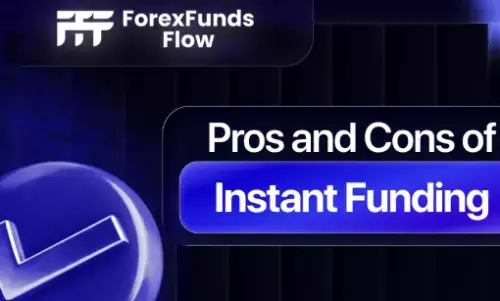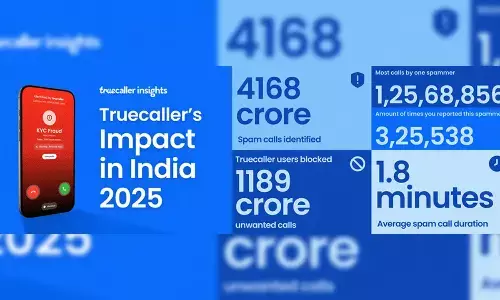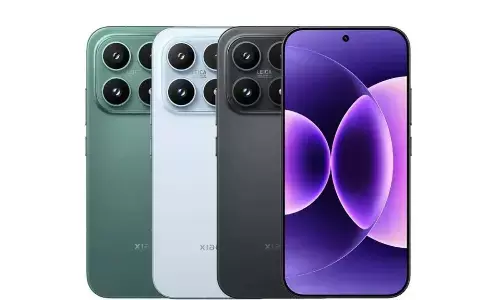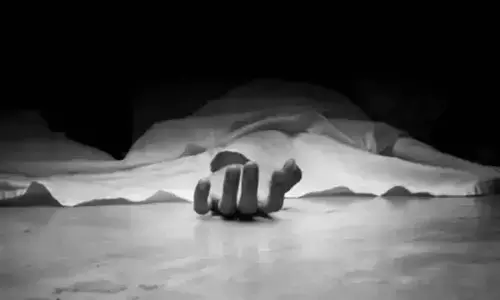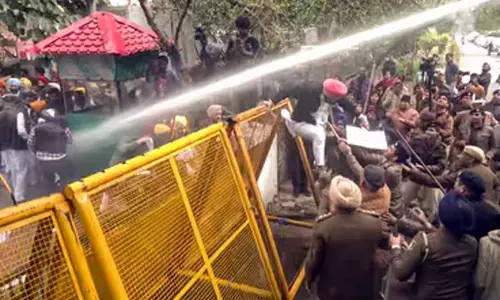Explained: Can VPN be Tracked or Hacked? Know All About VPN
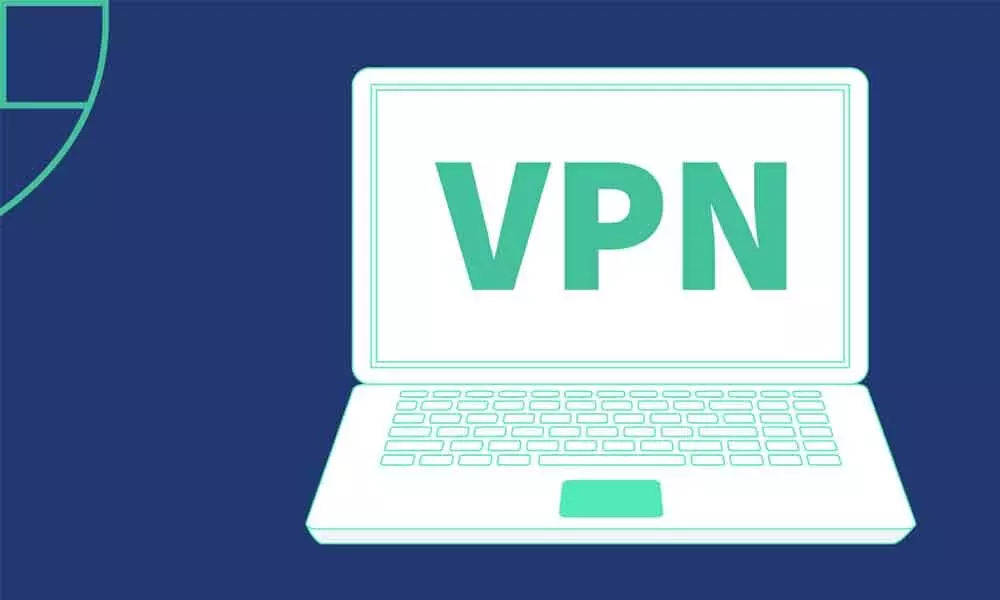
Know All About VPN ( Representational Image)
Digital privacy and protection are some of the biggest concerns for most people when they are online. VPNs are used all over the world, why is VPN used, can VPN be tracked and hacked? How does a VPN help protect you or prevent you from getting into these situations? Find in detail...
Digital privacy and protection are some of the biggest concerns for most people when they are online. Everyone has heard of those internet horror stories where hackers retrieve important details and steal someone's identity or max out their credit cards.
VPNs are used all over the world, why is used, why VPN is crucial, can VPN be tracked and hacked? How does a VPN help protect you or prevent you from getting into these situations? Find in detail...
What is a VPN?
VPN stands for Virtual Private Network, which is an internet tool that helps in easily creating a private network while you are connected to a less secured public or your home internet connection. Its main role is to encrypt network traffic and protect your IP address and location.
Why VPN is used?
VPNs are used so that third-party trackers, your Internet Service Provider (ISP), websites, malware, spyware and other parties cannot identify what data you download and upload on your device. When you use a VPN, no one can track your IP address, location or find what you are doing online while using a VPN. Even if a hacker gets hold of your online session, it would be encrypted.
How VPN works?
Virtual Private Networks (VPN) allow a user to bypass internet region checks and censorship to access content that is restricted. For example, one can watch shows on Netflix not available in India, using a VPN.
Can one track you while using a VPN?
In fact, even the most secure servers and connections can be traced. Tracking is significantly easier than hacking, but it doesn't reveal as much harmful information. Your information is easily tracked if the intruder knows what he is looking for. If you are a high-profile individual or someone with extremely determined and high-tech enemies, then it is technically possible to be tracked even with a VPN connection, although it is extremely difficult. The truth is that it is incredibly time-consuming and expensive to go through all the data and digital information necessary to locate your specific connection. So most ISPs or third parties won't be bothered if you are protected behind a VPN.
If you don't prefer to be tracked while using a VPN, it's critical that you use a premium paid VPN provider. Free VPNs make money through in-app ads and sometimes by selling your data. A free VPN can encrypt your internet connection and protect you from online threats, but it may not have no-logging policies. If you're concerned about being tracked, check to see if your VPN provider has a no-logging policy. If not, it is a major red flag and you should consider another provider. Using a premium VPN is very important for those in dangerous or censored countries. If you regularly access websites that are illegal or blocked in those countries, those governments have reason to track you. A good VPN operates in a neutral country that does not cooperate with any government and has no personally identifiable information to share.
Can a VPN be hacked?
Most of the time, VPNs are a centralized entity rather than a collection of servers. If a hacker tries to hack a single connection only to find out that it is, in fact, a million connections. Once again, while technically hackable, the amount of resources required to hack a VPN connection successfully is immense. Also, as mentioned above, most high-quality VPNs have strict no-logging policies. The servers that VPNs run on technically store minimal amounts of data needed to connect to the internet, but every time you disconnect or switch servers, all of your data is deleted. So even if a hacker could get into the VPN server, there would be minimal information, if any, to access and take advantage of.
There have been cases of VPN provider hacking, but nothing substantial was stolen due to their no-logging policies. In other words, there will always be exploits and hackers who test the limits of a security system. However, using a VPN is significantly more secure than not, and the chances of a VPN server getting hacked are pretty slim.
Tips to stay safe online
A VPN is not a blanket solution for staying safe online. While it's a great tool for obscurity and encryption of connections, there are a few other things to consider when practising digital security. Find some tips to help you stay safe online:
Choose a strong password: Having a strong password with a combination of uppercase, lowercase, numbers, and symbols is the safest way to protect your accounts online. It's even better if each website you have an account on has a different password. The best password managers can help you keep track of all these details, so you don't have to worry about it.
Be alert of what you download: Downloading a virus or malware is the most harmful thing you can do to your computer. Be careful what you download and from which websites you are downloading files.
Be mindful of what you share:what you post on social media can be used against you if a hacker or intruder is trying to get more specific information about you. If you are open with your confidential information on the Internet, it will not be very difficult for them to find what they are looking for.
Be cautious with your emails: Phishing scams are common for those who are not alert when reading emails. Phishing emails disguise themselves as official emails from reputable websites asking you to log in. Once you log into the spoof website, they store your username, email, and password and use them to access your account on the actual website.


